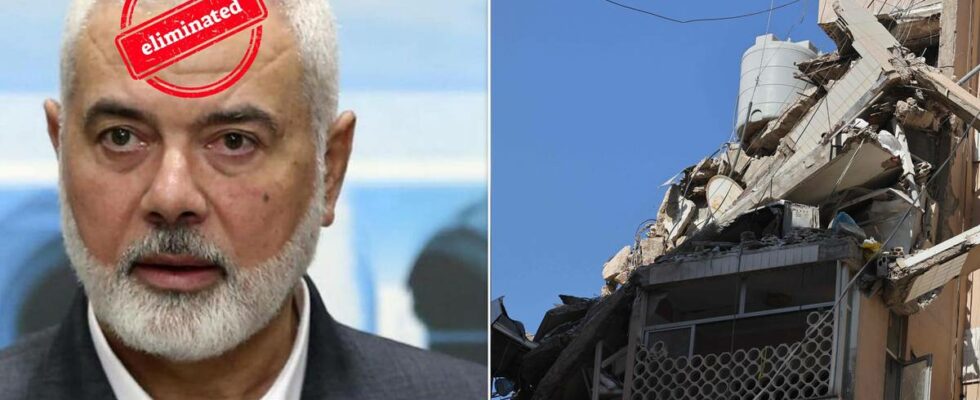Ismail Haniyeh must have felt safe in the million-strong city of Tehran. He has visited Iran many times and had just attended the inauguration of the country’s new president, Masoud Pezeshkian. Haniyeh was not so central to practical politics and decisions about the warfare, but he was the international face of the movement and one of the historic leaders. Iran is one of the few countries Hamas leaders can visit and be received at the highest level. He is said to have lived in an apartment belonging to the Iranian Revolutionary Guard. Although all Hamas leaders know that they live dangerously, he could not possibly have known what awaited last night. Nowhere is safe The same applies to Hezbollah’s deputy leader Fouad Shukr. He too was killed in a rocket attack on the apartment he was staying in, also in the middle of a residential area in a big city, but this was in Beirut. Both were key leaders, albeit in different ways, of the two most powerful militias in the region. With this, Israel is sending a clear signal to its enemies that they are not safe anywhere. It creates uncertainty and fear within these organisations. Who can they really trust among their own? The shadow war between the intelligence organization came to light, and shows how much Israel knows about its enemies. Much depends in the next few days on how Iran, Hezbollah and Hamas now choose to respond. All scenarios are possible here. Humiliation of Iran The worst imaginable possibility is full-scale war where there are suicide attacks from Hamas in Israel and Hezbollah chooses to attack Israeli cities, perhaps Iran will also be drawn directly into this, which again means full-scale regional war. Another possibility is that the conflict continues as before and that only the use of words becomes harsher. Presumably there will be something in between, but the situation is now very unpredictable. The murder of Haniyeh in Tehran is a humiliation of the Iranian leadership. With the murders of Haniyeh and Shukr, the war has also become personal for the political leaders. It is a political victory for Benjamin Netanyahu at home. After almost 10 months of brutal warfare in Gaza, it is difficult to see any end or that Israel has achieved a clear victory. Far from a ceasefire There are also forces that want Israel to defeat Hezbollah once and for all. Israel’s leader knows it is a very demanding task, but such attacks answer some of this. But even if this may provide a short-term break for Netanyahu, he and the country are in a difficult situation with strong internal tensions. It came to light when a prison was stormed on Monday. It was a protest against nine Israeli soldiers being interrogated, suspected of mistreating Palestinian prisoners. An image of how far the political situation has gone in Israel is that elected officials from the far right also participated in the storming of the prison and are supported by sitting ministers in the government. The Israeli military has warned of anarchy. For Gaza’s civilian population, none of this is good news. Although much is unclear, a cease-fire in Gaza seems even further away now than it did yesterday. Published 31.07.2024, at 11.41 Updated 31.07.2024, at 11.45
ttn-69
The shadow war came to light – Statement

